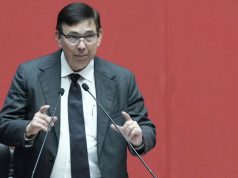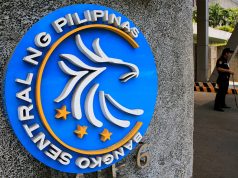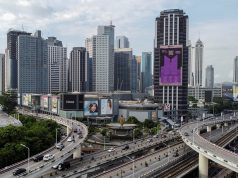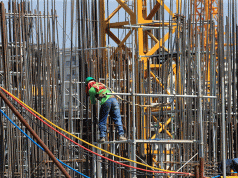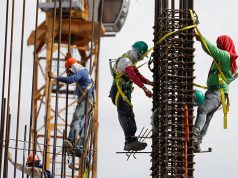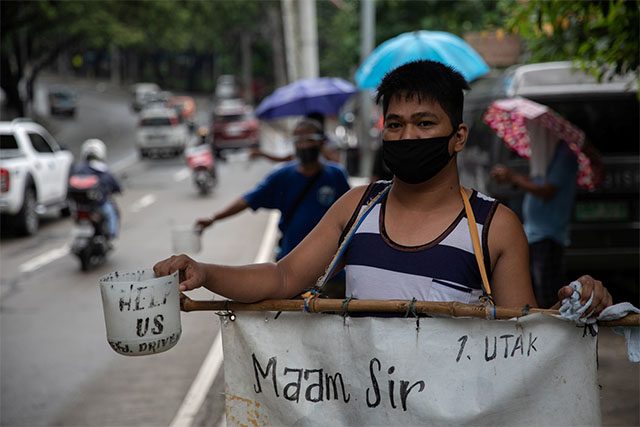
Acting Socioeconomic Planning Secretary Karl Kendrick Chua drew ire online over his claim that fiscal stimulus is no longer needed amid the struggling economy due to the coronavirus pandemic.
In a briefing on Thursday, the Philippine Statistics Authority announced that the country plunged deeper into recession by another 8.3% in the last quarter of 2020, therefore resulting in the fully year economic growth to –9.5%.
The start of the recession was reported last August 2020 after the PSA stated the country’s gross domestic product (GDP) growth rate declined by 16.5% in the second quarter of 2020, which was the lowest recorded quarterly growth since 1981.
In layman’s terms, the country incurred a hefty P680 billion economic loss during the second quarter and financial losses reached P8.6 trillion by end of June.
Experts cited the strict lockdowns that led to the shutdown of majority of businesses in various fields and the suspension of mass transport across the country as the main reasons for the collapse.
This time, from the third quarter report, GDP grew by 5.6% after travel restrictions were eased in most parts of the country wherein some businesses reopened and consumers were allowed to go outside.
However, the back-to-back strong typhoons that ravaged parts of Luzon in October and November left billions worth of damage to crops, properties and other losses.
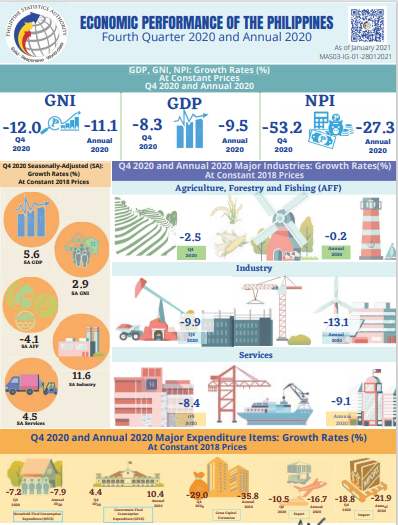
Acting Secretary Chua of the National Economic and Development Authority perceived that the standing age restrictions and low consumer confidence contributed to the situation.
“Economic growth will be hard-pressed to make a stronger economic recovery if children and families are restricted from participating in the economy, as up to 50% of non-essential retail sales are driven by family spending,” Chua said.
He went on and further claimed that if this was the case, then fiscal stimulus or subsidies is no longer needed.
“There’s no point in giving more stimulus if there’s no consumer confidence, no point in giving subsidies if families can’t even go out and spend. There are different needs for business, people,” Chua said.
President Rodrigo Duterte previously rejected the recommendation to allow children aged 10 to 14 years old to go outside.
The need for fiscal stimulus
Some Filipinos said Chua must have overlooked the thousands of Filipinos who are still struggling to cope with the ongoing crisis.
Economist Jeff Arapoc argued that hunger and fear from the deadly virus are not “mutually exclusive.”
“I don’t think that a low consumer confidence is enough reason to not consider giving more stimulus. There is a minimum income needed for subsistence. Hindi naman mutually exclusive ang pagkalam ng sikmura at takot sa COVID. Diba SOCIOeconomic planning body ang NEDA? Yes, SOCIO,” he said.
Some Filipinos also criticized the economist of being supposedly detached from reality.
“Just say you want people to starve and die, Karl Kendrick Chua,” one user wrote.
“He’s basically saying ‘there’s no point of helping the poor as long as giant corporations are well-off’,” another user said.
Karl Kendrick Chua doesn't care about people like him. https://t.co/6vqIWXTnBb
— Ar brrrt brrrt Czarsaparilla Bernardo (@ArbetBernardo) January 29, 2021
Some also pointed out that there were many more Filipinos who did not benefit from the national government’s subsidy program last year.
In a report released on January 7, think tank Ibon Foundation said that the Philippines COVID-19 fiscal response was the smallest compared to other countries in Southeast Asia.
“The Philippines’ COVID fiscal response of just 2.8% of gross domestic product is the smallest of the major economies of Southeast Asia. This is much smaller than in Singapore (14.7%), Thailand (8.3%), Malaysia (6.2%), Vietnam (4.9%) and Indonesia (3.7%),” read the report.
“There is no stimulus program. Government spending in the first eleven months of 2020 is an 11.6% increase from the same period last year,” it added.




